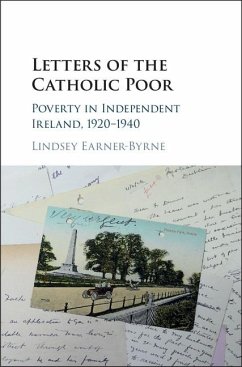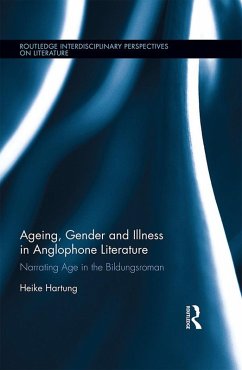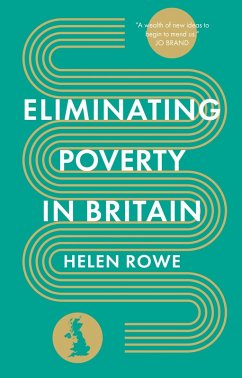
The True-Born Englishman: A Satire (eBook, ePUB)
A Timeless Satire on English Identity and Society

PAYBACK Punkte
0 °P sammeln!
In "The True-Born Englishman: A Satire," Daniel Defoe explores the themes of national identity and multiculturalism through a witty and provocative lens. Written in verse, the poem employs a satirical tone to critique the concept of Englishness, cleverly arguing that true Englishmen are composed of a diverse ancestry rather than a homogeneous lineage. Defoe's work is rooted in the political climate of the early 18th century, which witnessed the tensions surrounding the monarchy and national identity following the Glorious Revolution. His use of everyday language and engaging rhyme enhances the...
In "The True-Born Englishman: A Satire," Daniel Defoe explores the themes of national identity and multiculturalism through a witty and provocative lens. Written in verse, the poem employs a satirical tone to critique the concept of Englishness, cleverly arguing that true Englishmen are composed of a diverse ancestry rather than a homogeneous lineage. Defoe's work is rooted in the political climate of the early 18th century, which witnessed the tensions surrounding the monarchy and national identity following the Glorious Revolution. His use of everyday language and engaging rhyme enhances the accessibility of his commentary, allowing readers to connect with his insights on immigration and nationality that remain relevant today. Defoe, a pioneer of the English novel and a keen observer of societal norms, drew inspiration from his own tumultuous experiences, including his time as a political dissenter and a merchant. His unique vantage point allowed him to understand the complexities of identity and belonging within a rapidly changing England. This insight is further reflected in his subsequent works, establishing him as a critical voice in the literature of his epoch. "The True-Born Englishman" is essential reading for those interested in the intersection of literature and social commentary. Its sharp, humorous critique provides a compelling exploration of identity that resonates across centuries, making it a timeless piece for contemporary readers looking to understand the historical foundations of modern nationalism.
Dieser Download kann aus rechtlichen Gründen nur mit Rechnungsadresse in A, B, BG, CY, CZ, D, DK, EW, E, FIN, F, GR, H, IRL, I, LT, L, LR, M, NL, PL, P, R, S, SLO, SK ausgeliefert werden.














